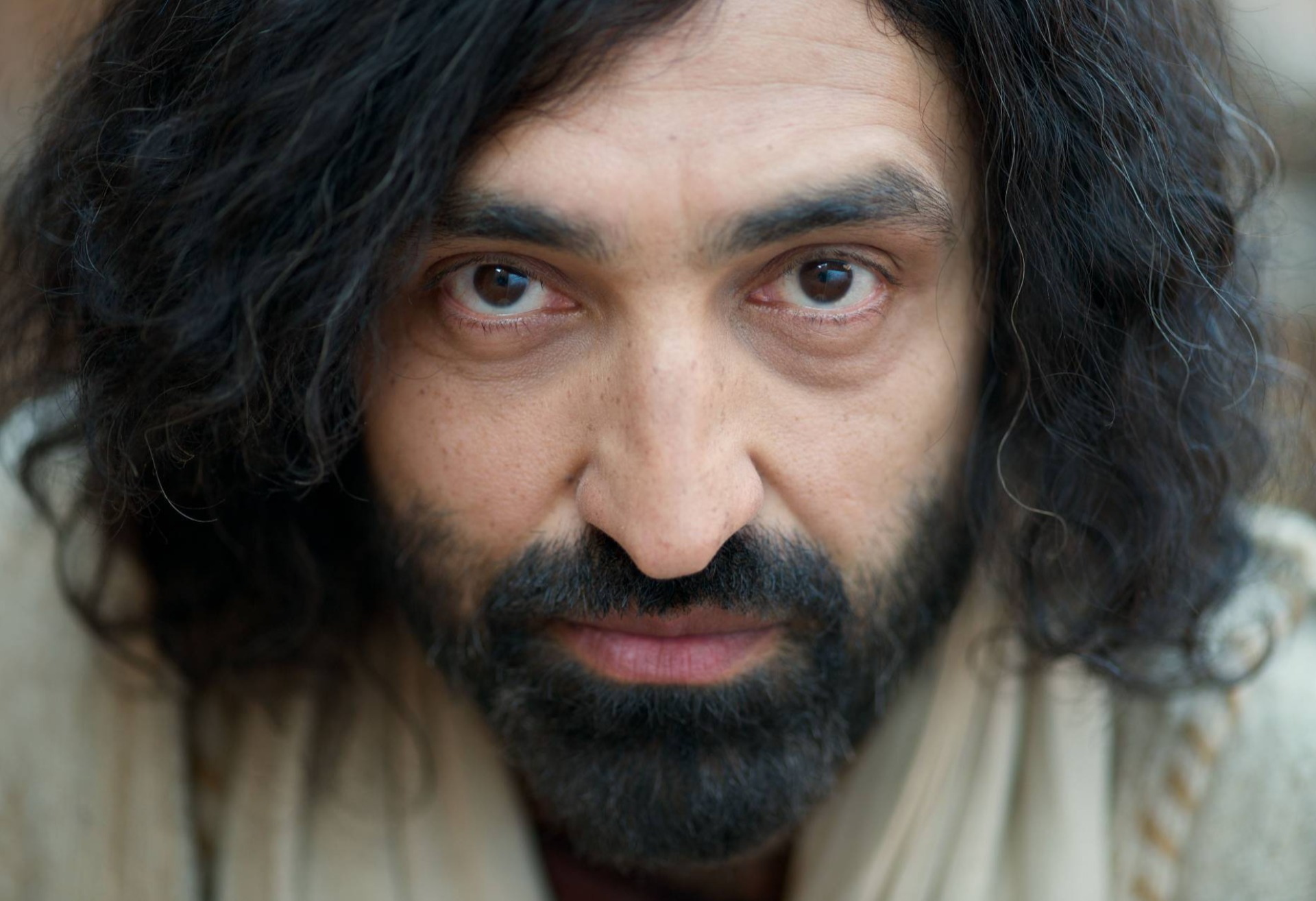
Jonathan Black
The God-Man in the garden
In the Garden of Gethsemane, we see a mystery. It’s such a great mystery that we can never rush past it.
Reading
Matthew 26:36-46
Thoughts
Christians have had to pause, wonder and worship at the Garden of Gethsemane all through the centuries.
Here is Jesus, praying to His Father and letting us peer into their conversation.
And as He gives us that glimpse into His prayer, He displays to us something of the mystery of His incarnation and the mystery of our salvation.
In the Garden of Gethsemane, we see the God-Man.
Now, it’s true that it’s always the God-Man we see when we see Jesus in the Gospels, but sometimes we can almost forget that.
Sometimes we could be tempted to forget that God the Son has taken on the fullness of human nature in His incarnation.
We could be tempted to think of Him as God with a human body, rather than as He really is, God the Son with a full and perfect human nature: body, mind, and soul.
In the Garden of Gethsemane we can’t escape that.
For here the Incarnate Son tells us that His ‘soul is very sorrowful, even to death’ (Matthew 26:38) and here He prays, ‘My Father, if it be possible, let this cup pass from me; nevertheless, not as I will, but as you will’ (Matthew 26:39).
Only because He has taken on the fullness of our humanity can the ‘eternally blessed God’ (Romans 9:5) be sorrowful even to death.
Only because He has a human nature, can He speak of His human will as distinct from the one divine will shared by the Father, Son and Holy Spirit.
How Jesus can have two wills, one human and one divine, is far beyond our comprehension. Yet, as we get a glimpse of it here, it causes us to marvel at the profound wonder of the mystery of His incarnation.
And then He prays about the cup. ‘If this cannot pass unless I drink it, your will be done,’ (Matthew 26:42), says the God-Man to the Father.
But what is this cup?
Jesus had already used this image when speaking to His disciples about His death (Mt 20:23). But it’s not just a code-word for dying. This cup is an image rooted in God’s Word in the Old Testament.
The prophet Jeremiah had spoken of this ‘cup of the wine of wrath’ (Jeremiah 25:15; cf. 49:12).
So, as Jesus speaks of this cup He’s about to drink, He’s showing us what type of death He’s about to die. It’s not simply the death of an innocent martyr. It’s a death in which He will bear the wrath of God which we deserved for our sins.
Jesus, the only person who ever lived without sin, proclaims that He lays down His life to take the punishment for our sin. He drinks the cursed cup of God’s wrath for us, and in its place, He offers us a ‘cup of salvation’ (Psalm 116:13) and a ‘cup of blessing’ (1 Corinthians 10:16) in Him.
This is the great exchange. This is how Jesus saves us through His death on the cross. The God-Man has paid the penalty in our place.
Application
Pause and ponder the wonder of the incarnation and the glory of the great exchange.
Are you tempted sometimes to limit Jesus?
Think instead of how even the unity of His two natures is far beyond the limitations of our understanding.
Are you tempted sometimes to forget the sinfulness of sin?
Remember instead the cup of wrath Jesus drank for your sins on the cross.
Confess your sins, for ‘he is faithful and just to forgive us our sins and to cleanse us from all unrighteousness.’ (1 John 1:9).
Prayers
Holy Father, thank You that Jesus who is one with You became one with us to drink our cup and save us from our sin.
Open our eyes to see more of the wonder and glory of Christ and His saving work for us. Amen.
Revd Dr Jonathan Black is Lecturer in Theology and Co-Director of the Institute for Pentecostal Theology at Regents Theological College. Regents is at the heart of the Elim Churches training programmes, and has been releasing people into ministry and mission for over 95 years.
These daily thoughts and responses are part of a series of eight by members of the Regents faculty for Holy Week 2022. They were written with the idea that they can be to used as a personal reflection over Easter, or with home groups, and/or as part of a wider church ministry.
Enjoy this content? Don't forget to share